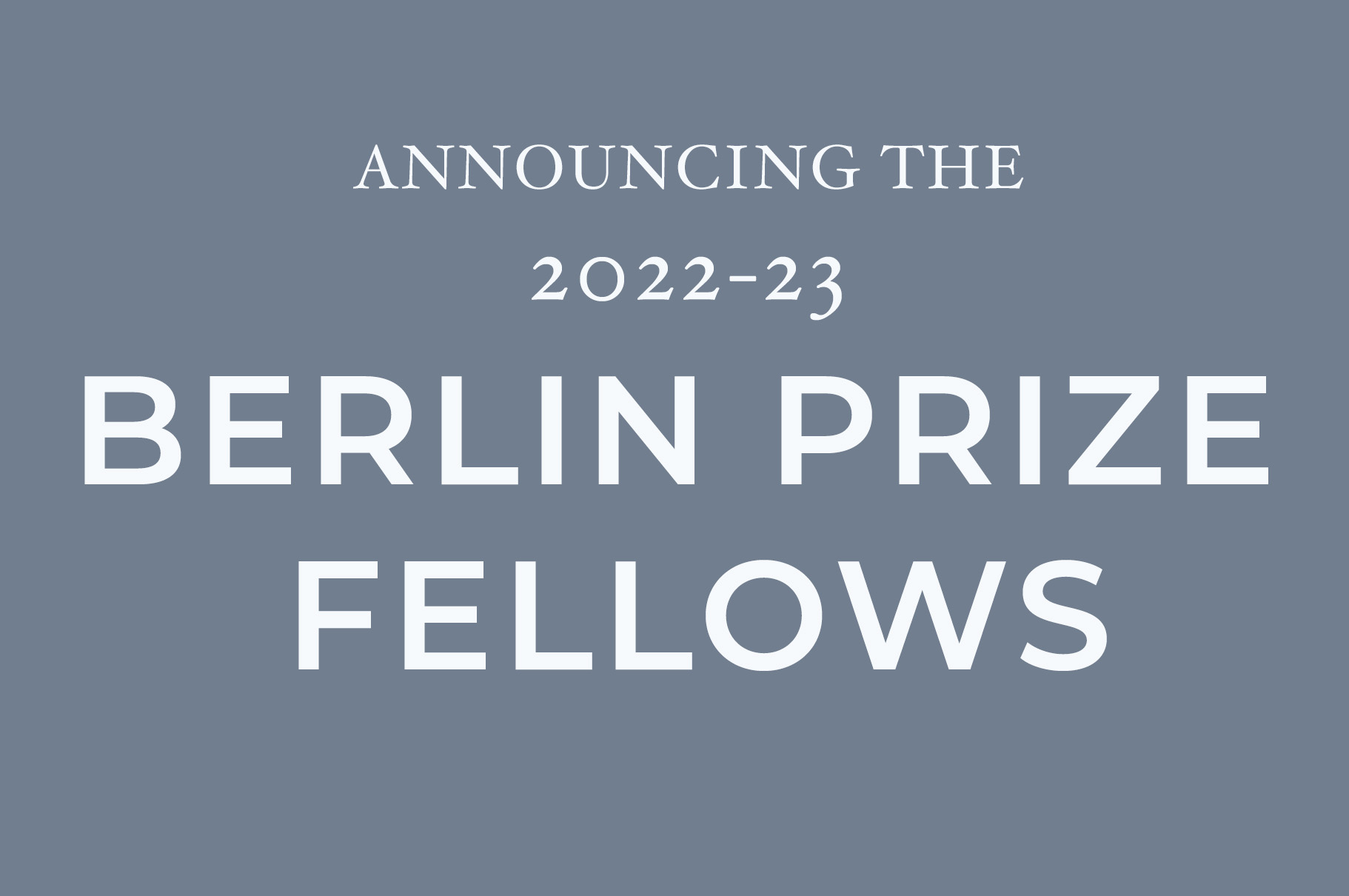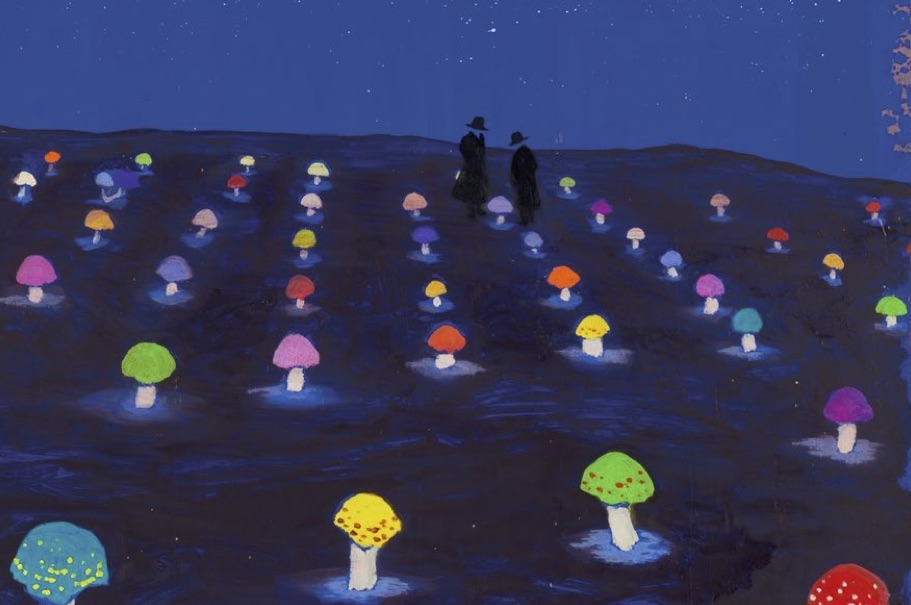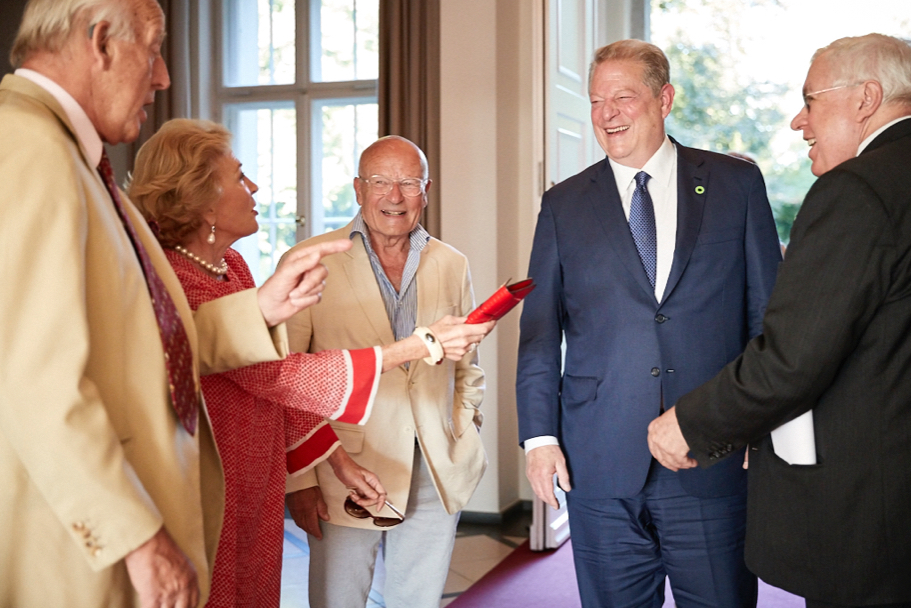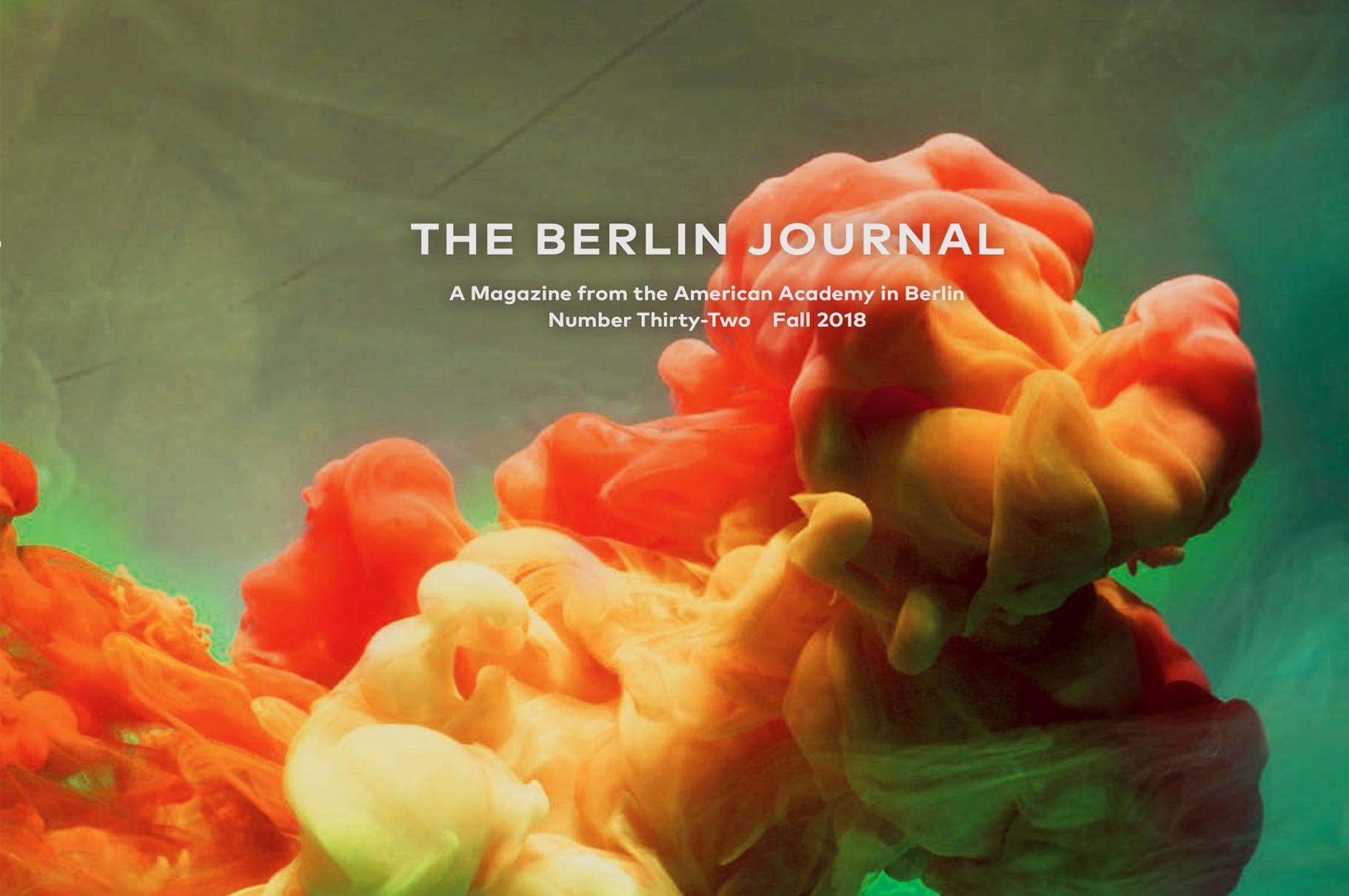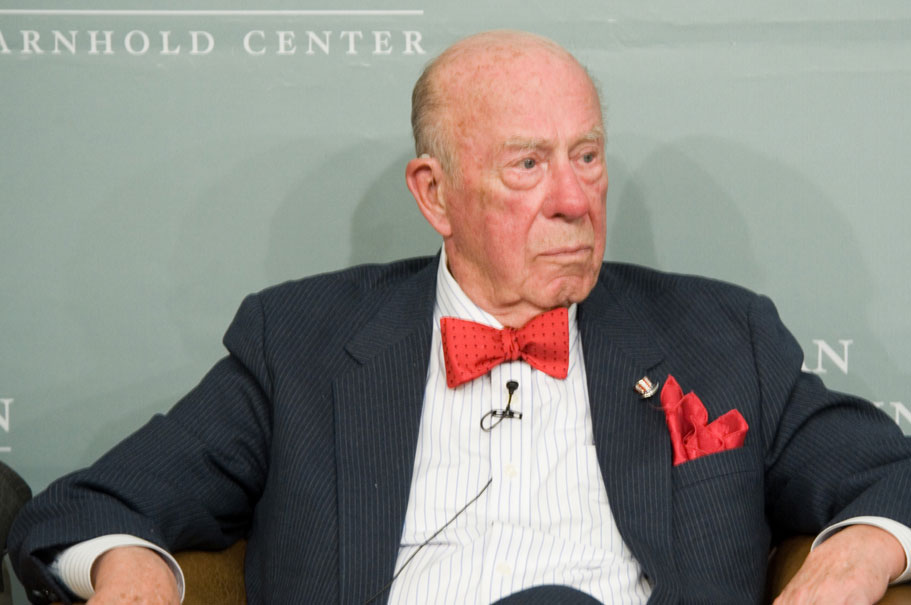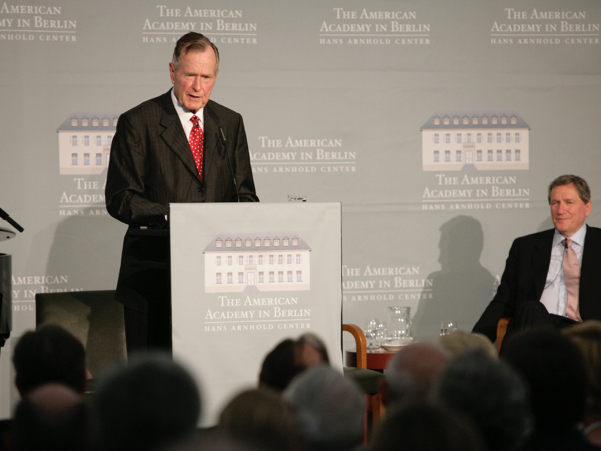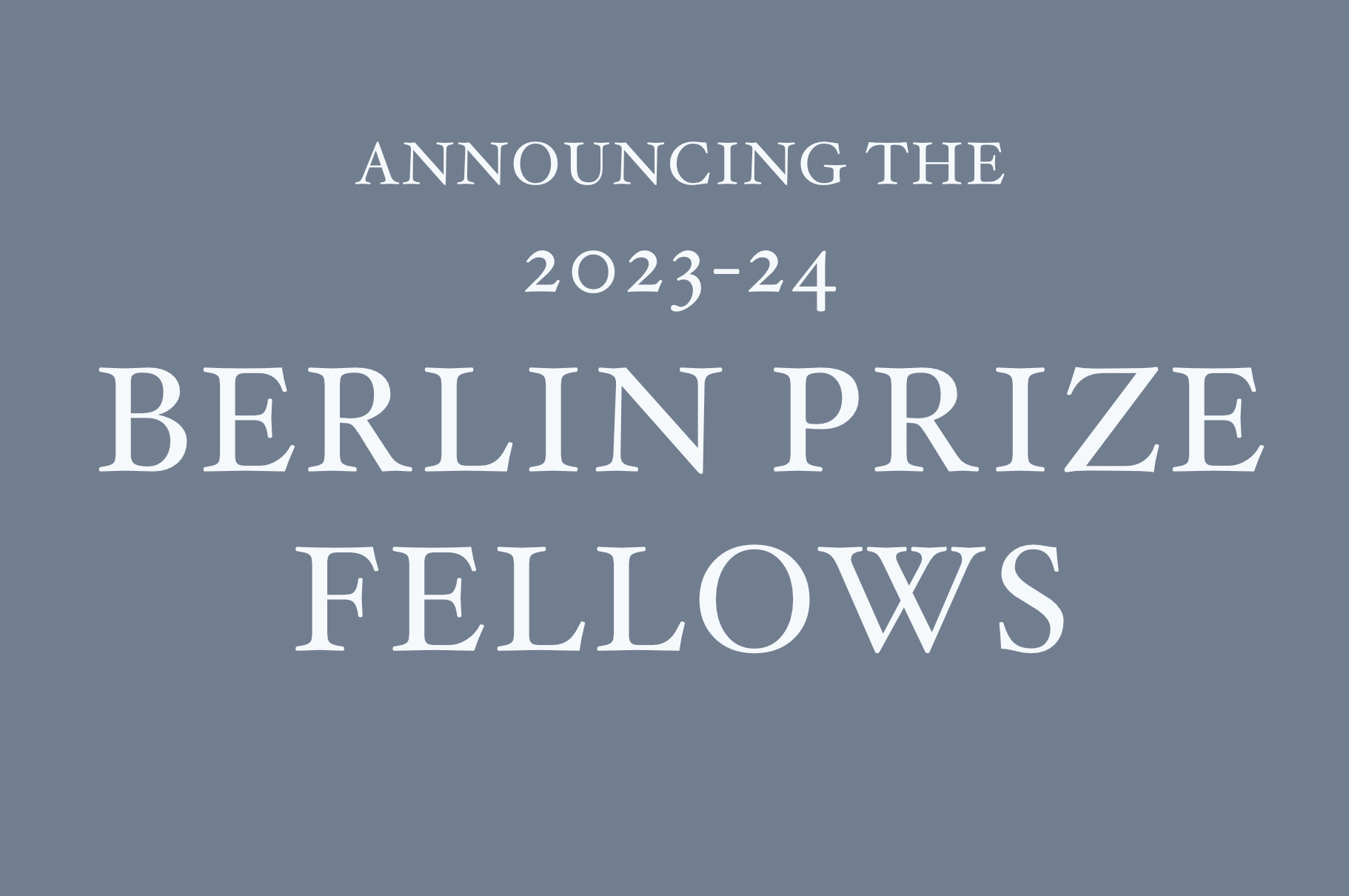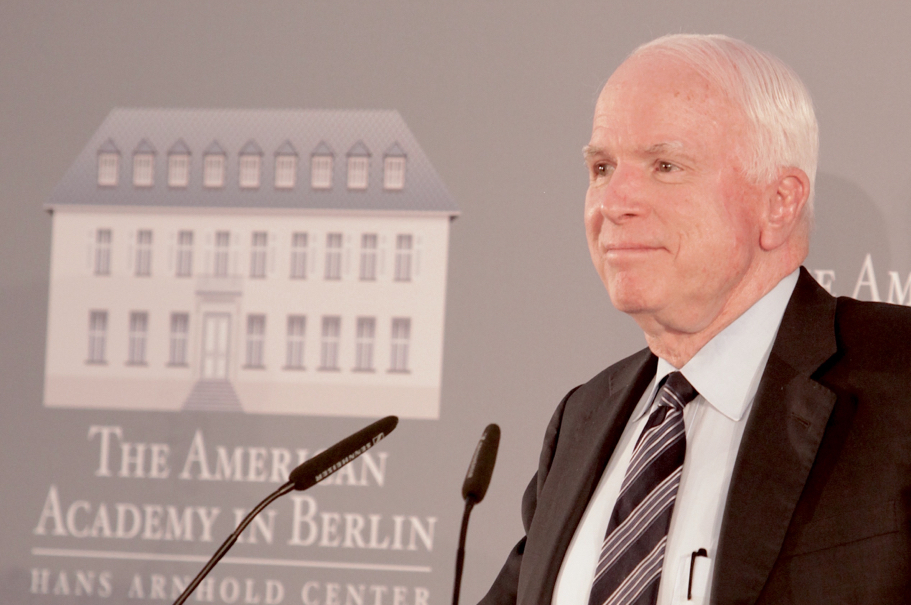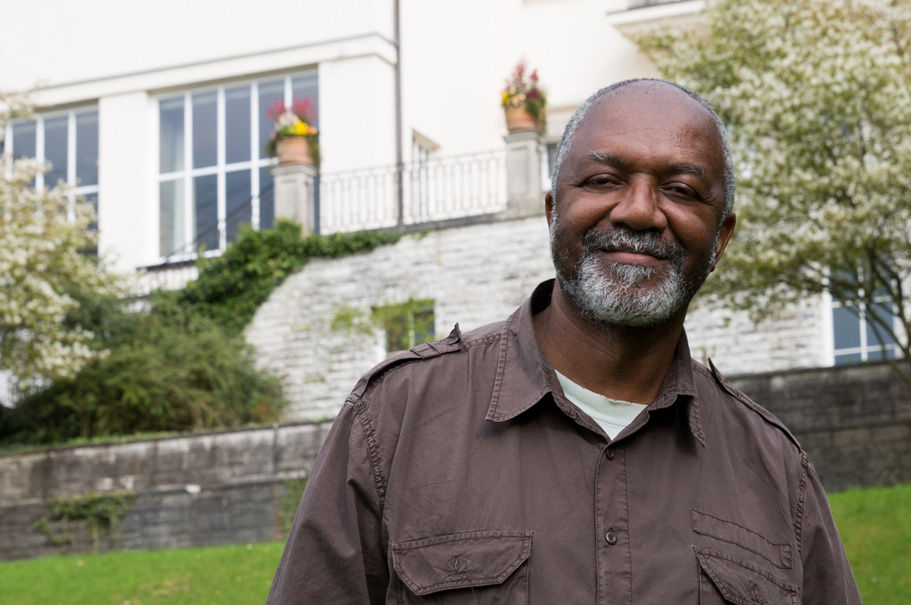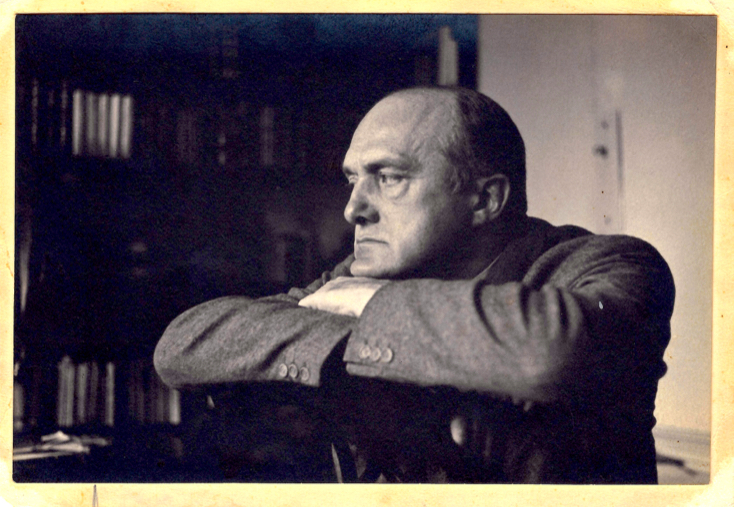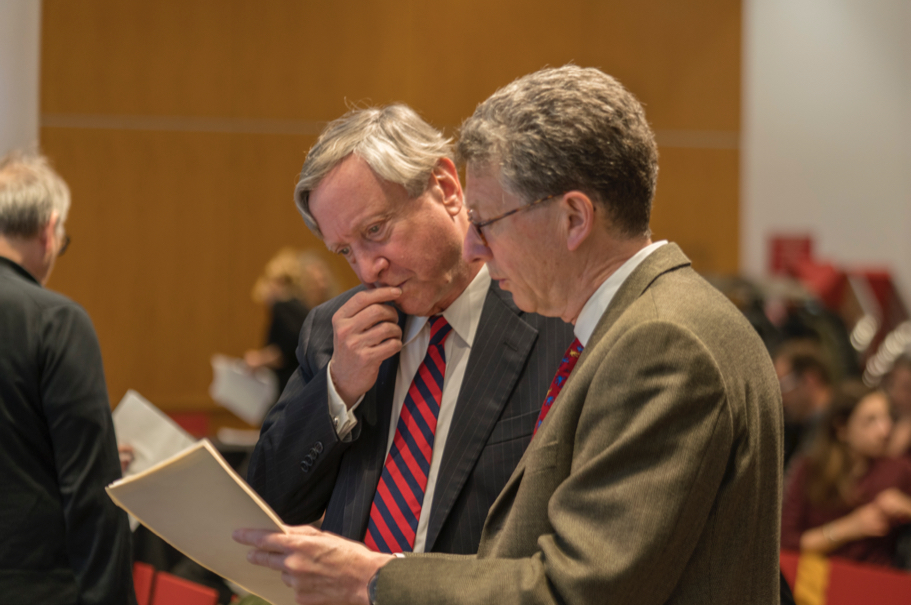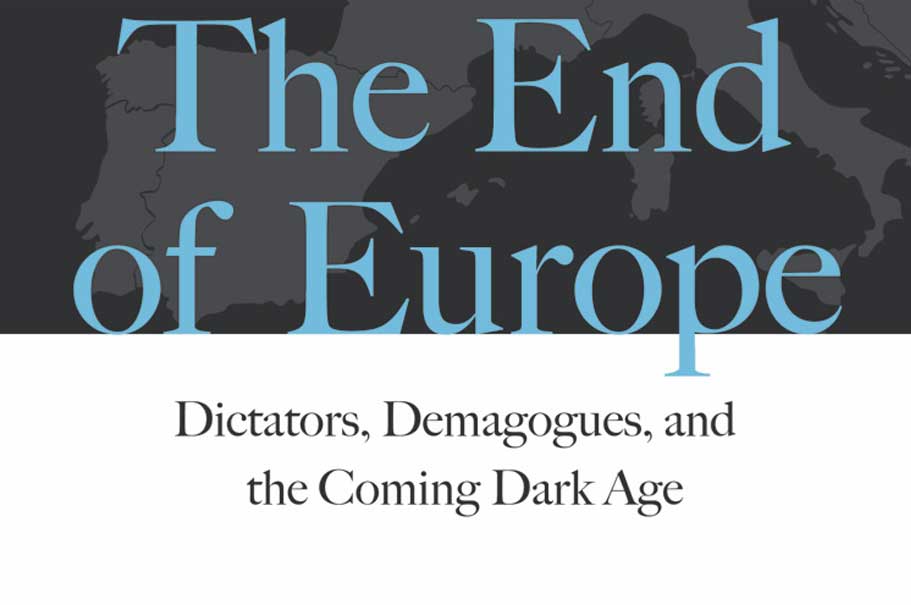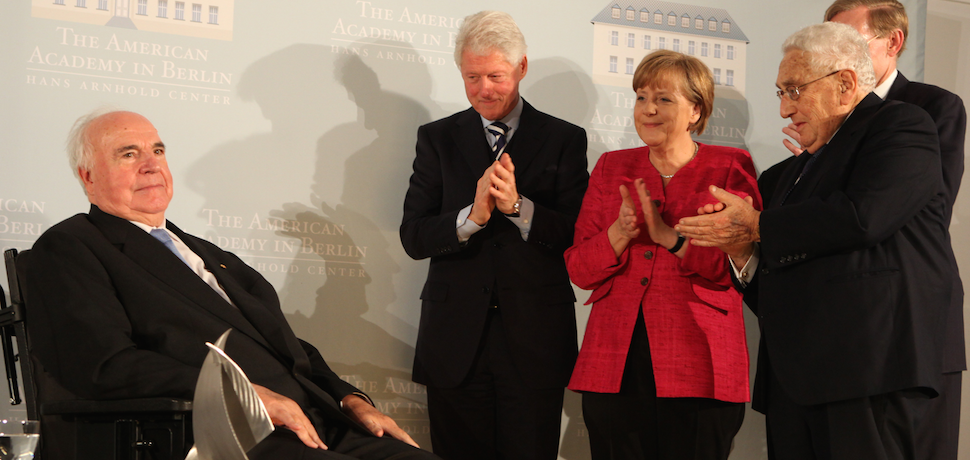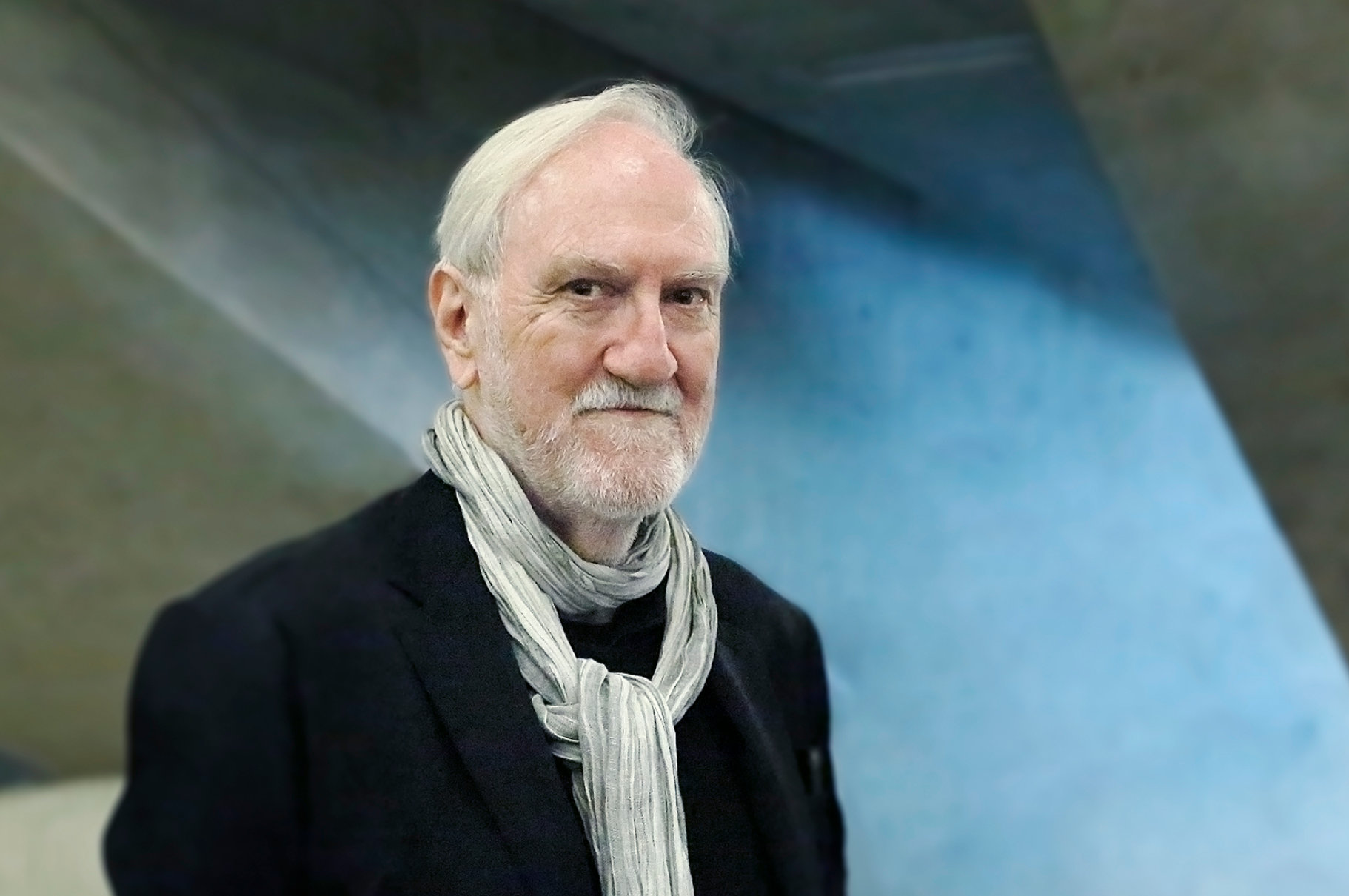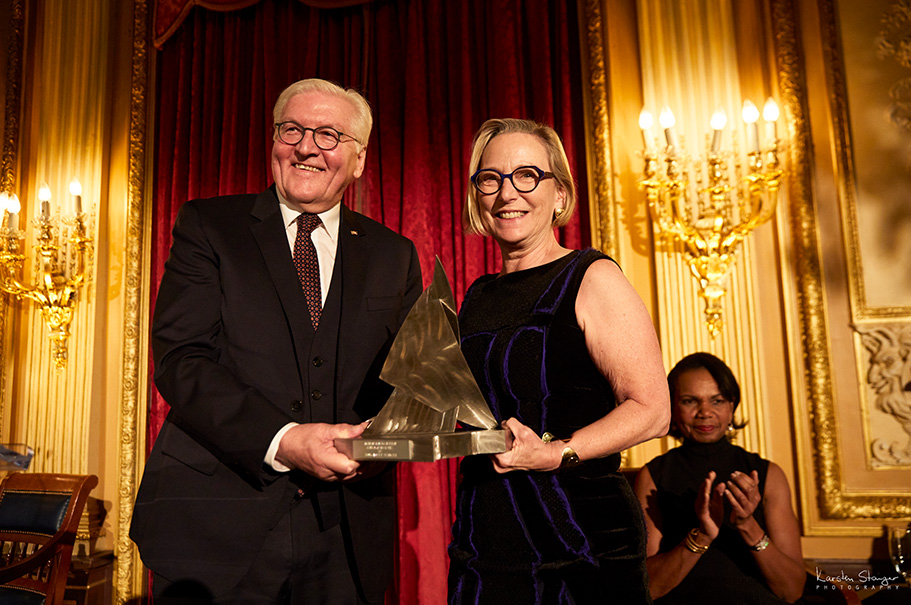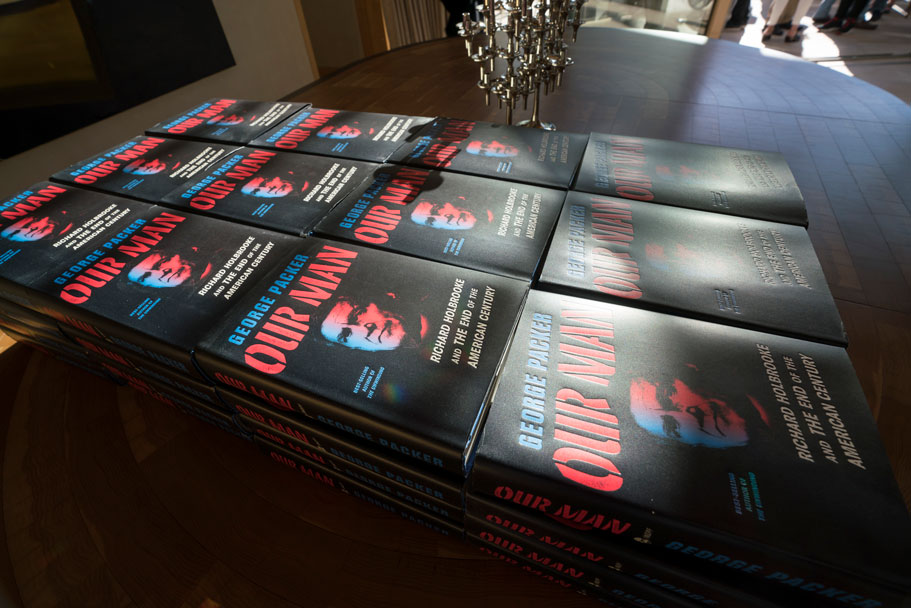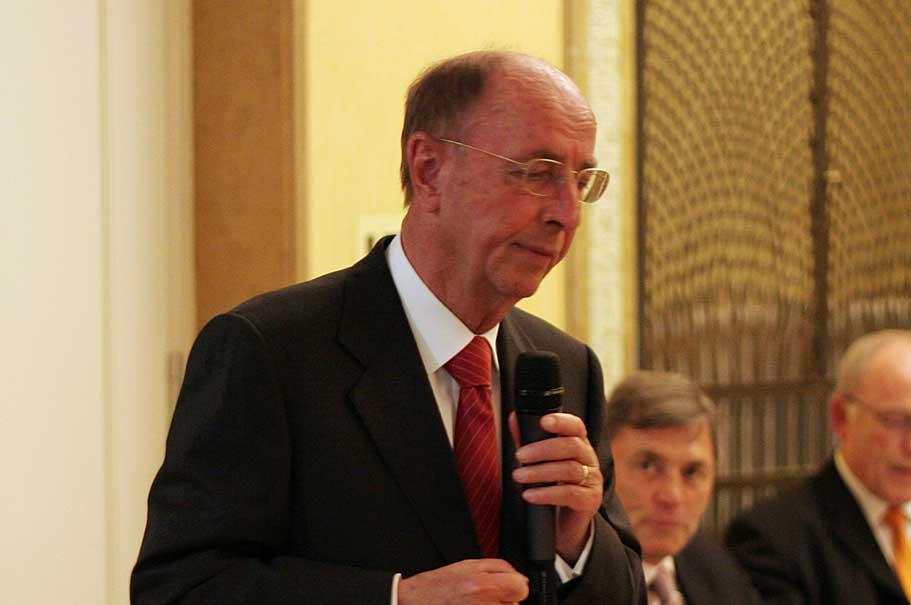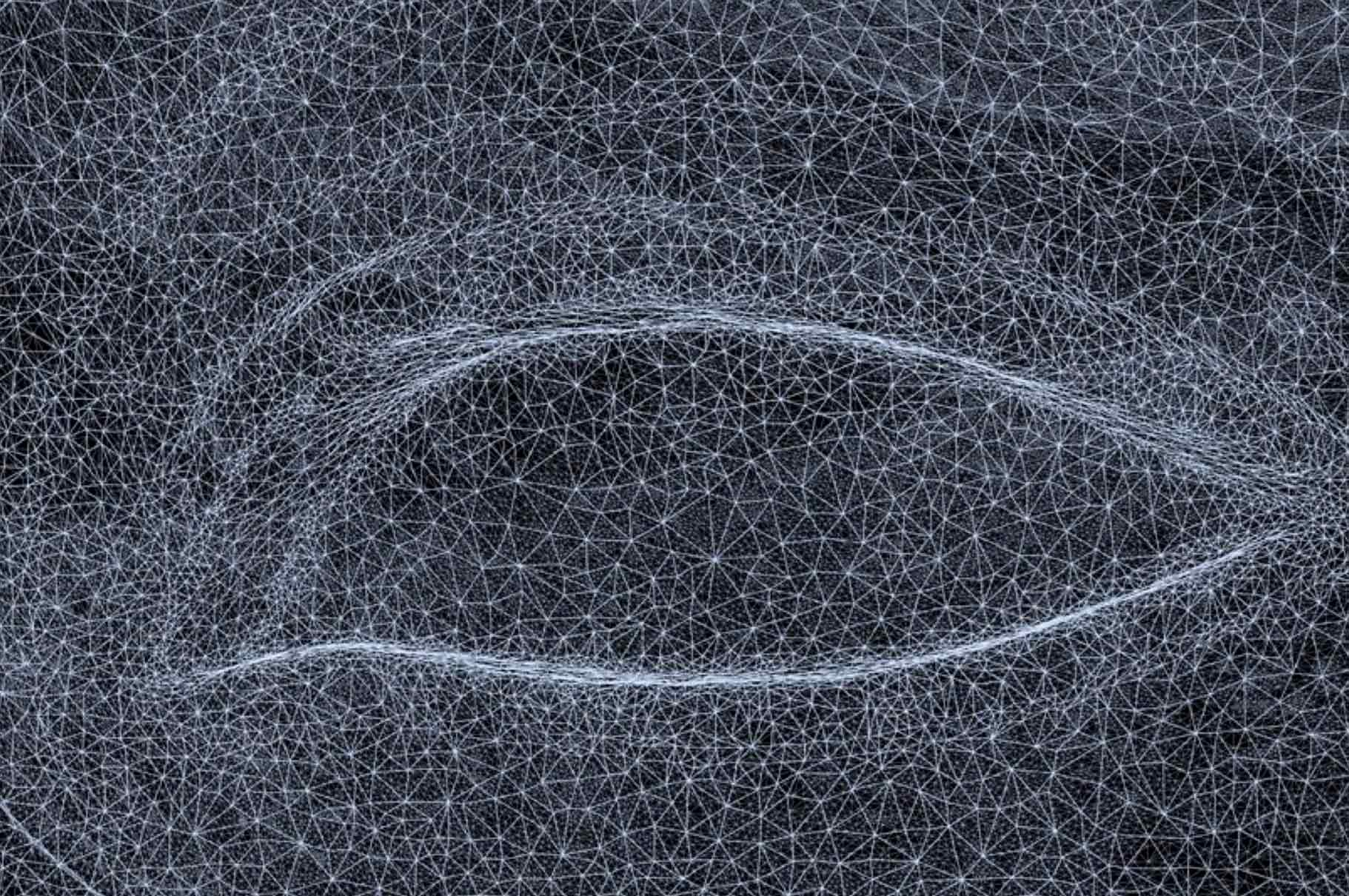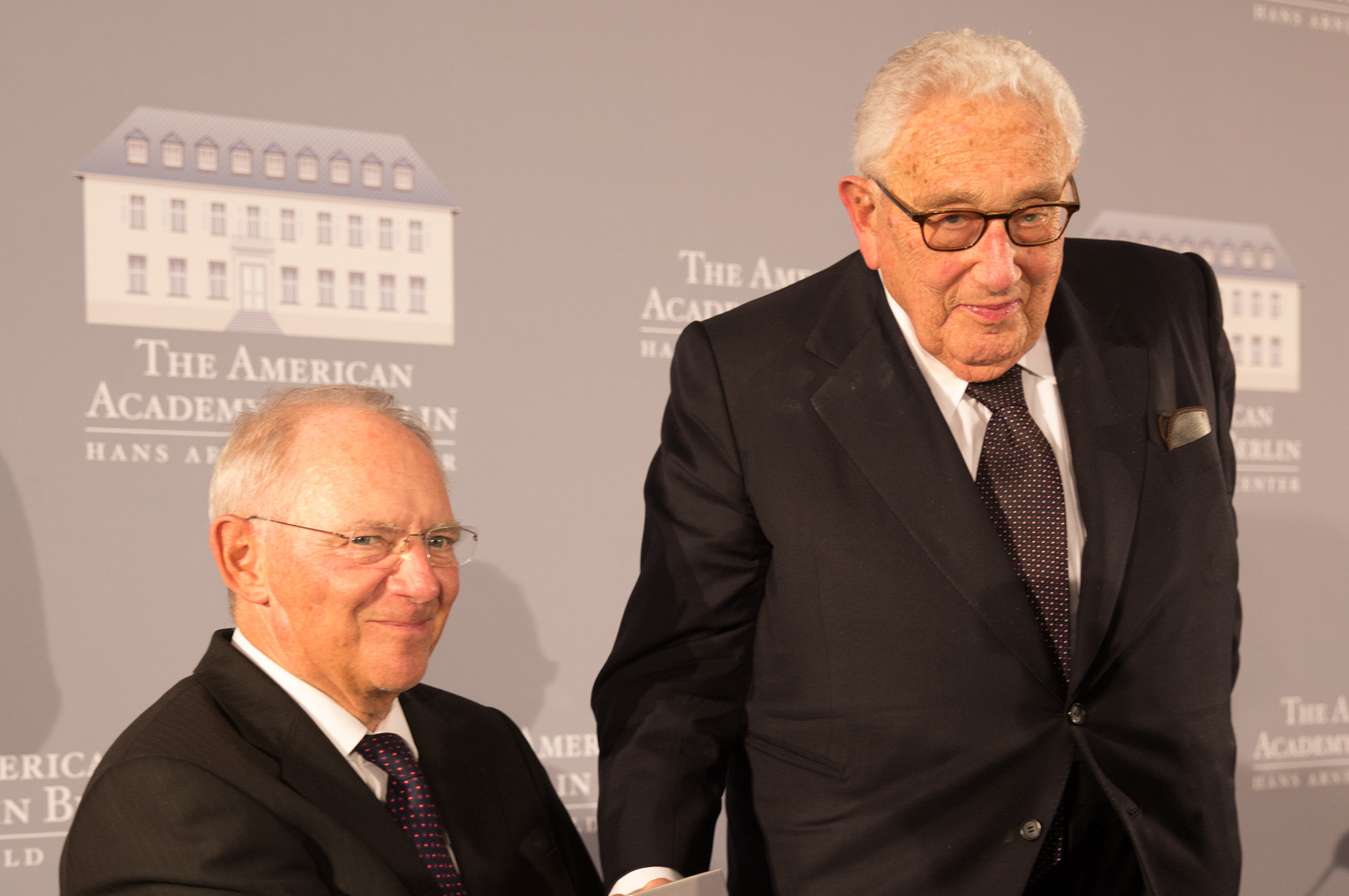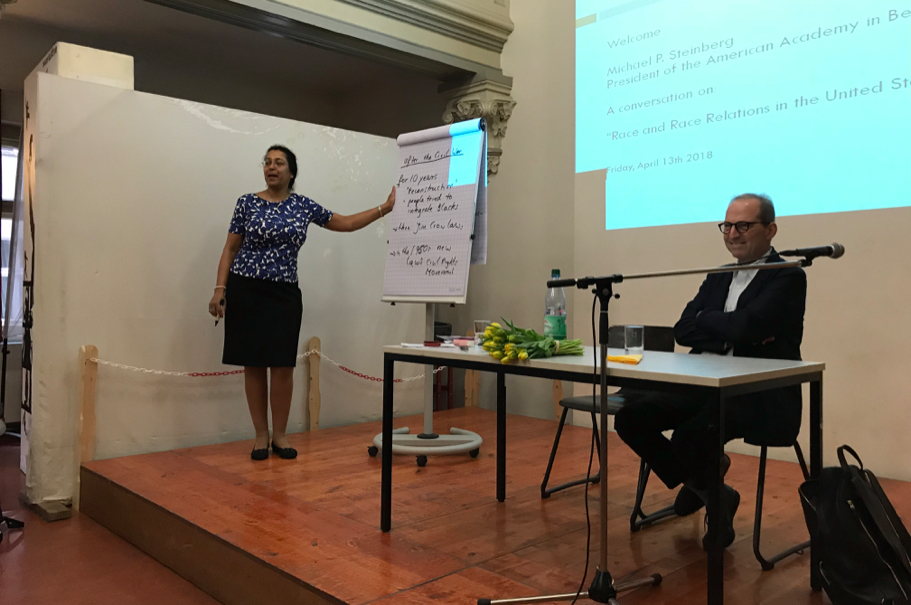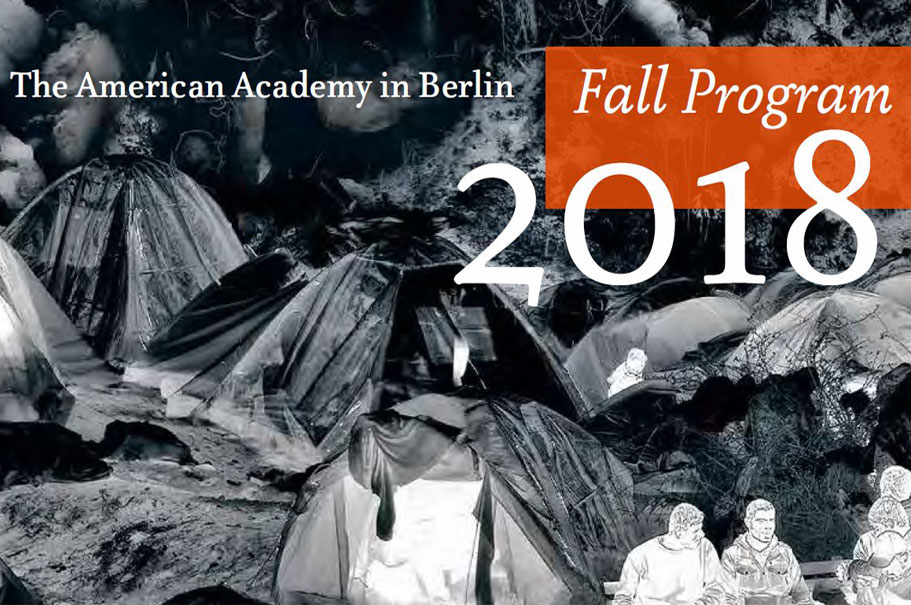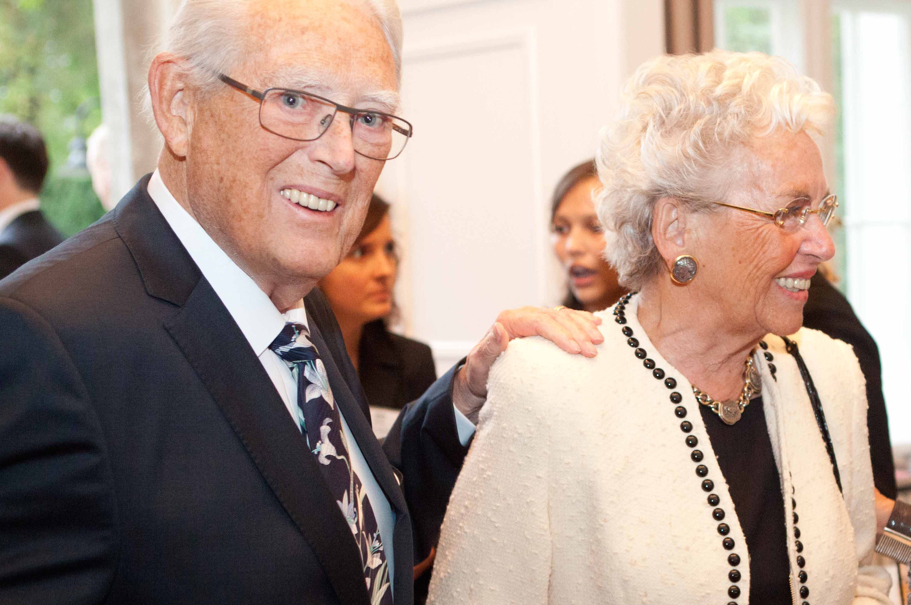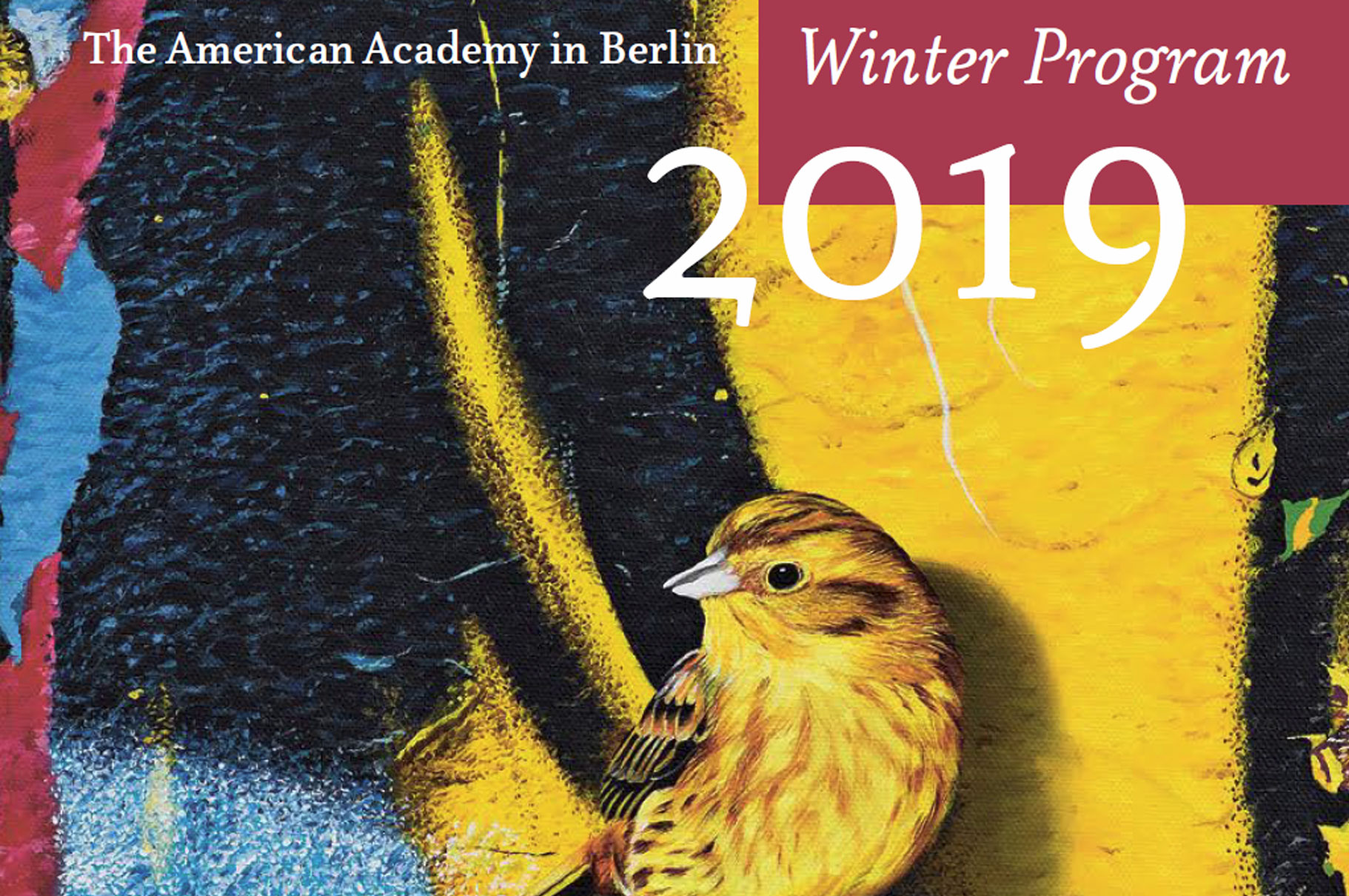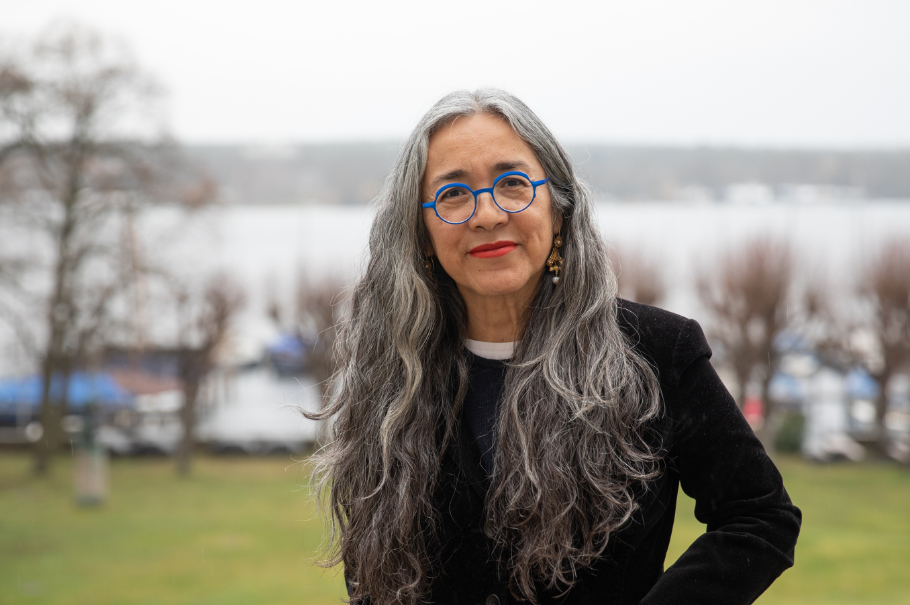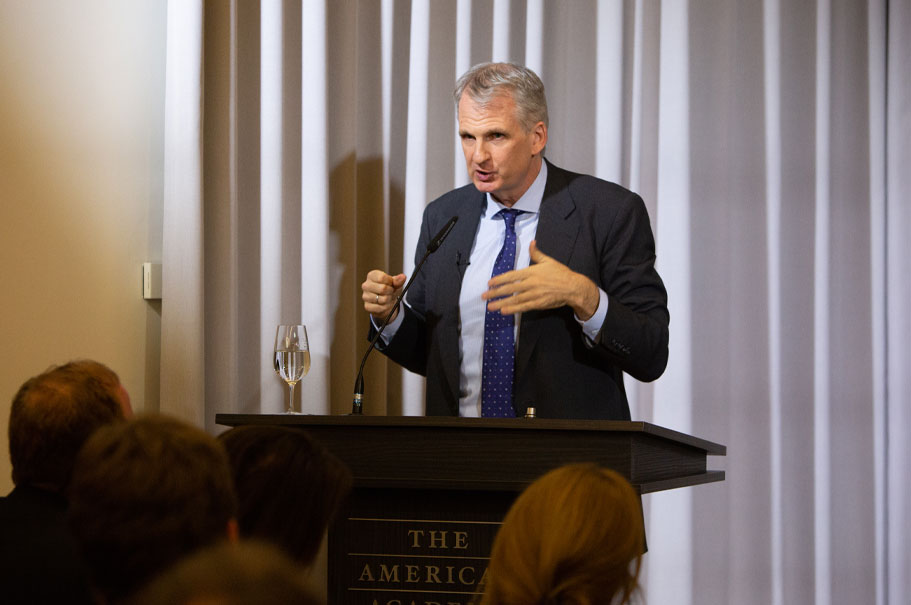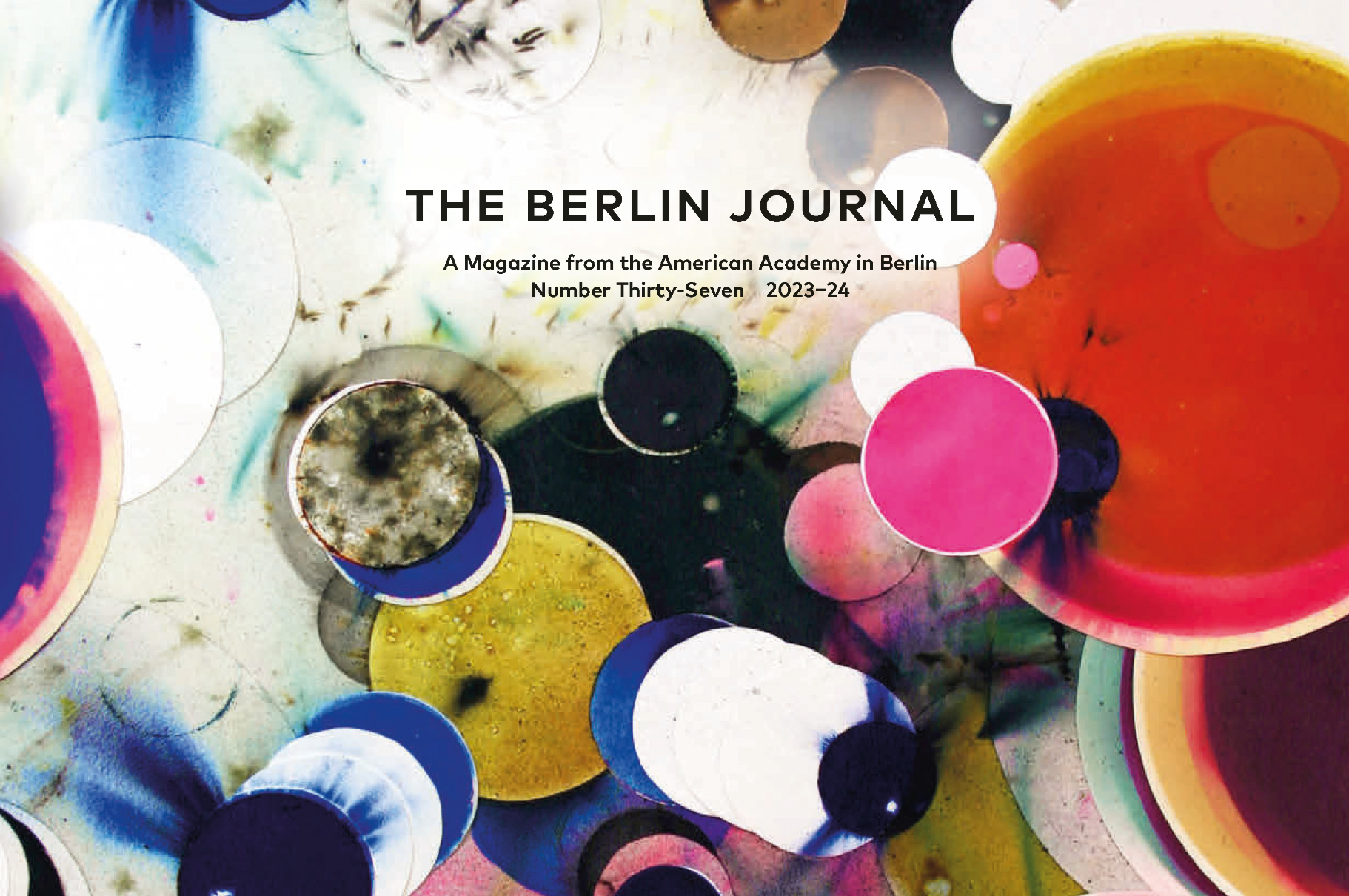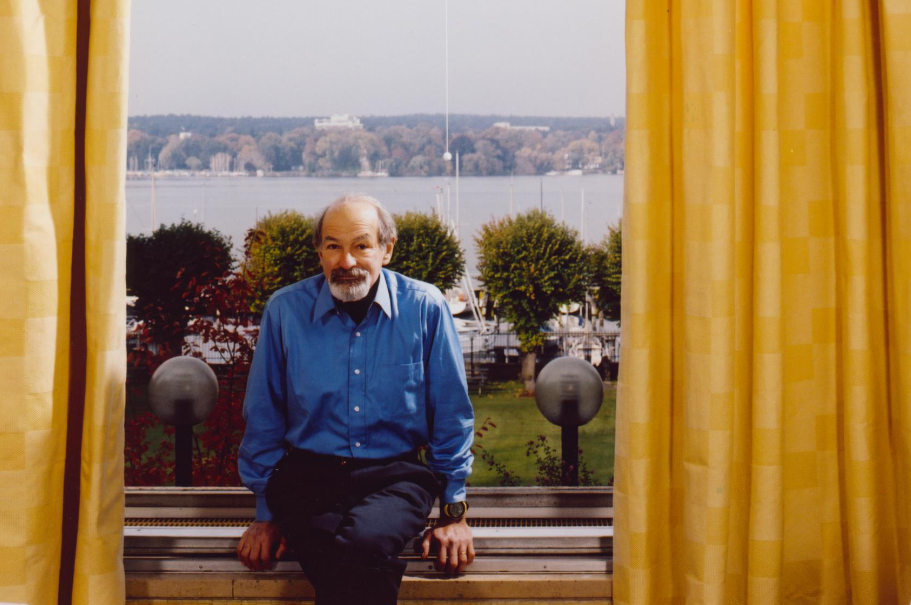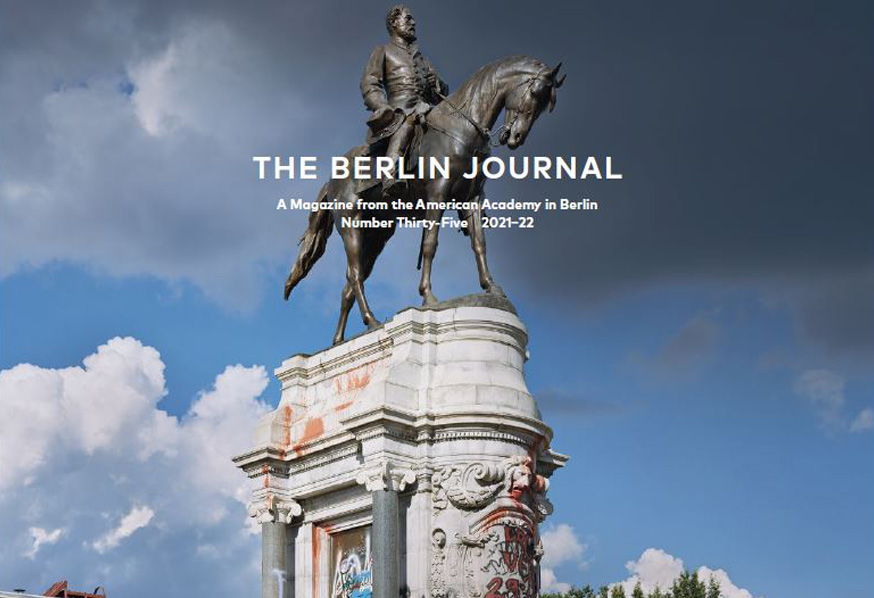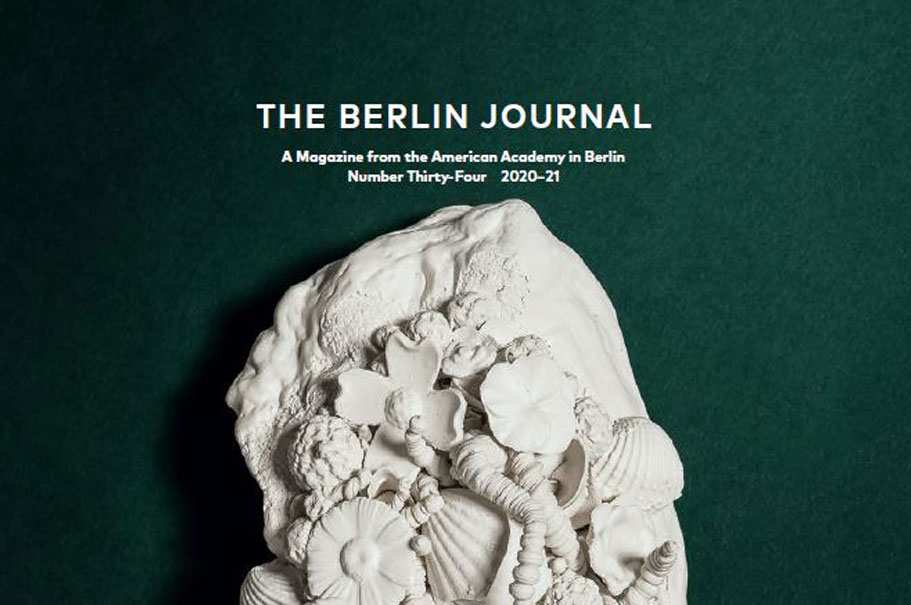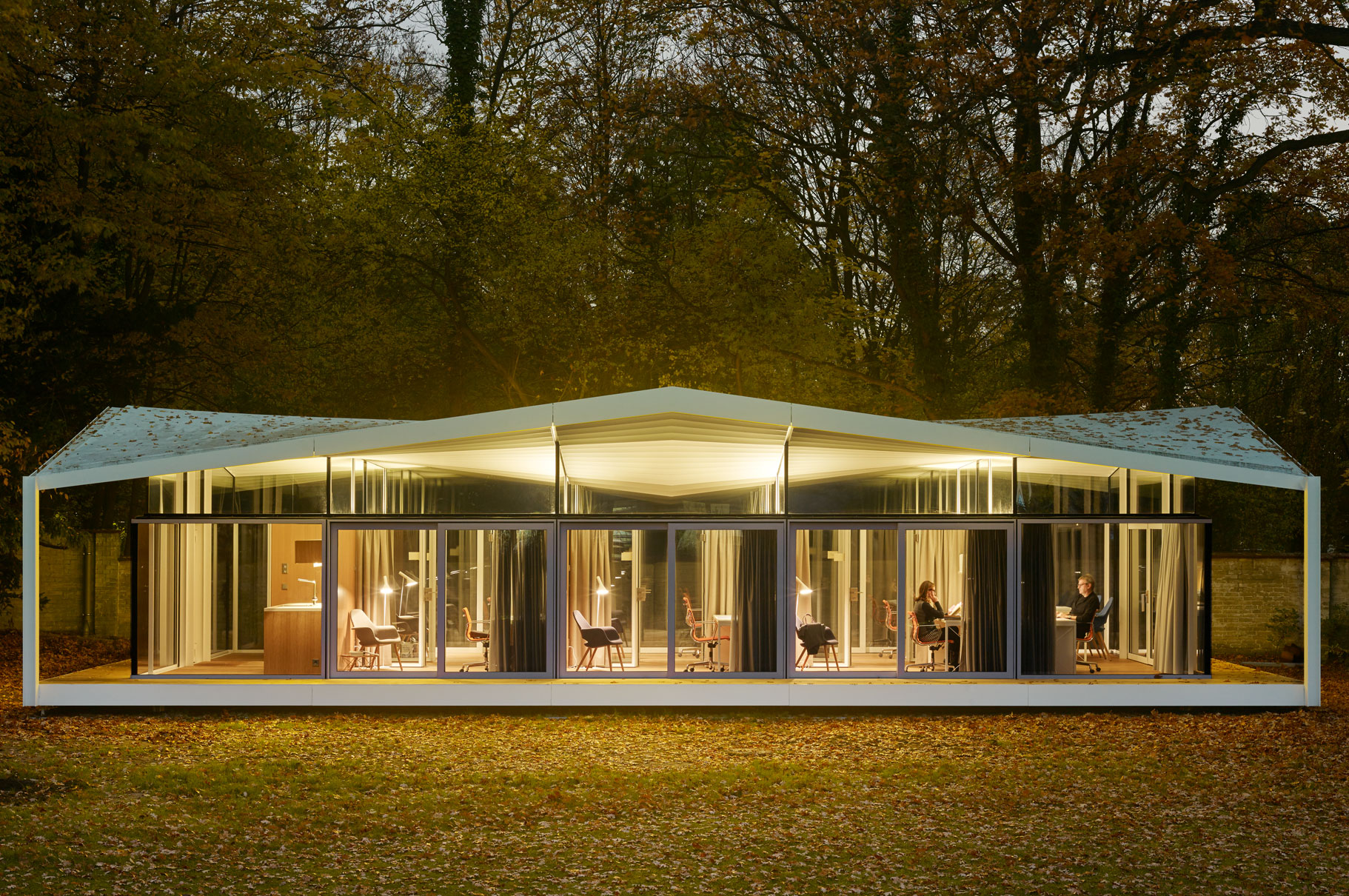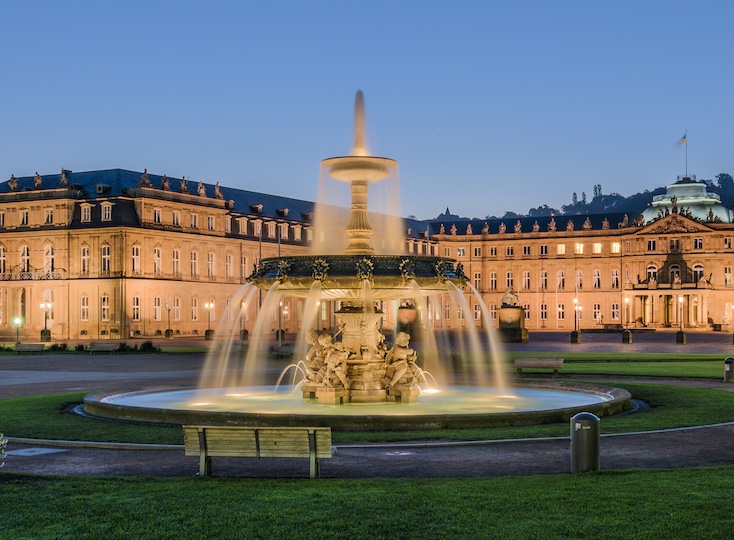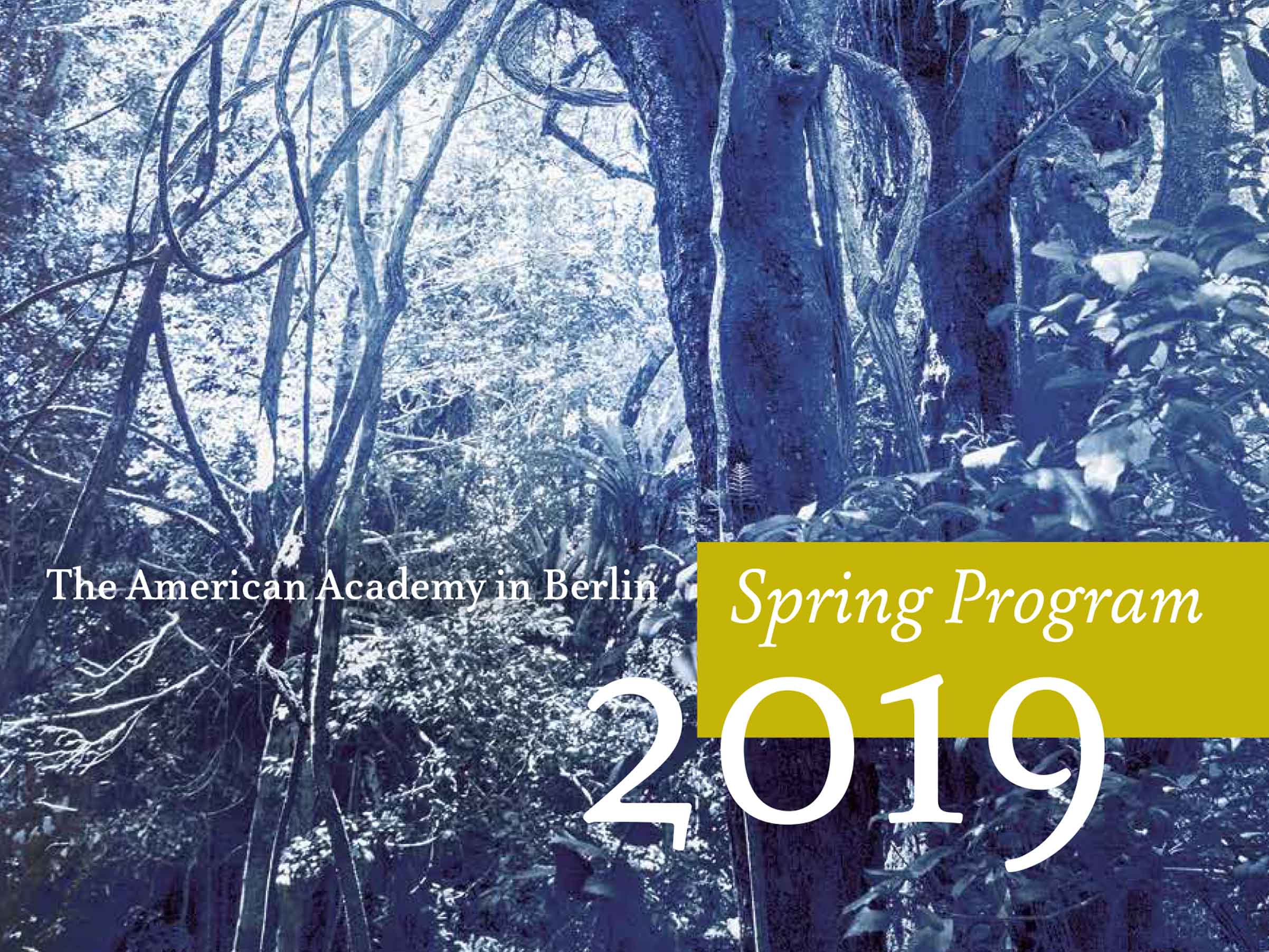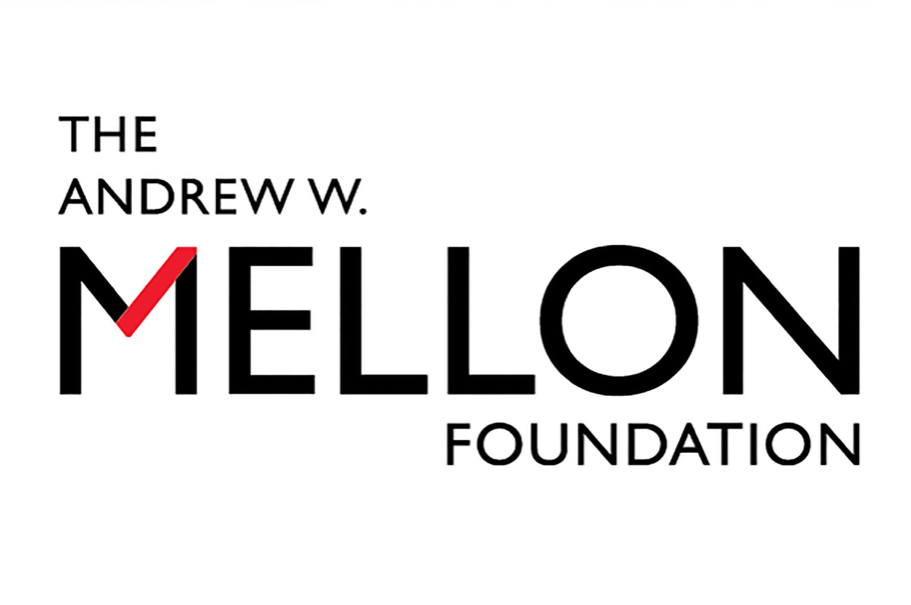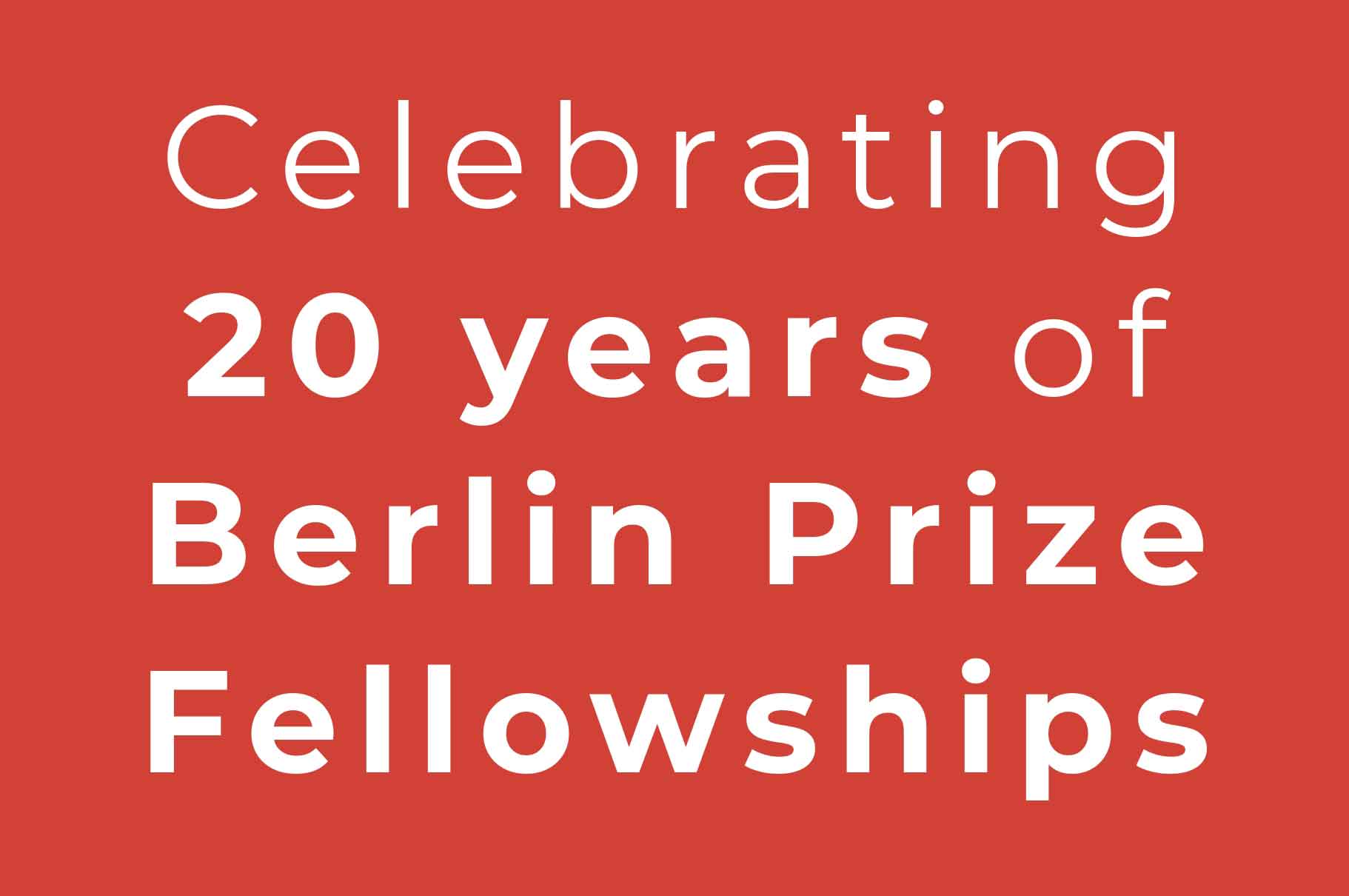
Celebrating Twenty Years of Fellowships
This fall, the American Academy in Berlin is proud to celebrate twenty years of Berlin Prize fellowships.
After four years of planning and fundraising, the very first class of Berlin Prize Fellows was introduced on September 26, 1998, to an audience gathered in the backyard of the newly refurbished Hans Arnhold Center. On that day, poet C.K. Williams, legal scholar Kendall Thomas, architectural critic Diana Ketcham, playwright Arthur Miller, and their fellow fellows were welcomed as the inaugural class of Berlin Prize Fellows.
They set the stage for future scholars, writers, composers, playwrights, journalists, and visual artists to come to the Academy for a residential fellowship to work on independent projects they might otherwise not complete. Fellows were also in Berlin explicitly to interact with German peers across of range of disciplines and professions, all in the name of fostering transatlantic relationships that would, over time, forge a network of German-American intellectual and cultural camaraderie.
And so it has happened that, since 1998, the Academy has awarded 507 fellowships to 477 fellows (30 fellows spent more than one semester here), from 34 US states. Over fifty books have been written or created at the Hans Arnhold Center, along with countless scholarly and journalistic articles, essays, plays, short stories, poems, and experimental novellas; visual artists have produced paintings, sculptures, videos, and readied solo exhibitions and photographic series; and composers have crafted pieces for entire orchestras, chamber groups, operatic and dance companies, and smaller experimental-music ensembles, oftentimes performing their newest works as part of the Academy’s public program. Unexpected collaborations have occurred while fellows were in residence, whether between a legal scholar and a dance company, a young novelist and an opera director, a journalist and a filmmaker, or among scores of academic and professional relationships.
Fellows’ time at the Academy is spent not just engaged in their own projects and in interacting with Berlin colleagues and peers, however. They also engage in fellowship with each other, in conversations over twice-daily meals, in walks along the Wannsee, on S-Bahn rides into the pulsating capital of Berlin. Fall 2015 alumna Mary Cappello, a writer at the University of Rhode Island, observes,
The American Academy in Berlin is unrivaled in the particulars of the atmosphere it cultivates, the colloquy it invites, and the intersections it arranges. Imagine this dream: to be seated at a table around which are gathered specialists in the abstruse and the mundane, the beautiful and the true; each person fine tunes her listening so as to begin to understand the new language of the person to her left or to her right. Sometimes the conversation reduces to two, locked arm in arm; other times, it rises like a chorus. The basic tenet of interest—in the world, in things, in ideas, in the other brings the group together, and trails them long after they’ve parted in ways they can never predict.
Following their time at the Academy, alumni stay in touch, with each other and with us, and the newly created Alumni Seminars have enabled former fellows in varied US geographical regions to come together periodically for discussions on pressing transatlantic matters, and to share experiences about their time at the American Academy in Berlin.
This is precisely the kind of community of scholars, intellectuals, writers, artists, and policy experts that founder Ambassador Richard C. Holbrooke imagined back in 1994, when the initial spark for the Academy was ignited. He imagined a nonpartisan and independent institution, outside the realm of politics but keenly attuned to the tenor of the relationship between Germany and the United States, that would serve as a intellectual bridge between the two great countries he loved, admired, and to which he was historically bound. Founding co-chairman Henry Kissinger, whom Holbrooke recruited along with American attorney Thomas Farmer and German president Richard von Weizsäcker, noted that the Academy’s original rationale, at the end of the Cold War, was “to replace military ties with intellectual and cultural ones.”
This project was largely supported, then as it is now, by the Kellen-Arnhold Family, in whose ancestral home the American Academy resides. Indeed, the Academy’s public programming, residential fellowships, and Distinguished Visitor program would not be possible without the continued support of the Kellen-Arnhold family, or without the dedication of hundreds of generous individuals, corporations, and foundations committed to a strong transatlantic relationship and to the democratic values that have unified the postwar liberal international order for the past seventy years.
To celebrate the twentieth anniversary of our residential fellowship program, we’re sharing facts, photographs from past and present events, and programming highlights on social media; be sure to follow the American Academy in Berlin on Facebook and Twitter. Additionally, the fall 2018 Berlin Journal features a special section devoted to appreciative testimonials from Academy alumni, trustees, and benefactors.
We look forward to welcoming you at the Hans Arnhold Center for our fall 2018 events. And if you would like to make a tax-deductible donation to the American Academy in Berlin, please contact our development department to learn how you can best help support the Academy’s mission of fostering closer transatlantic bonds in the arts, humanities, and public affairs.

